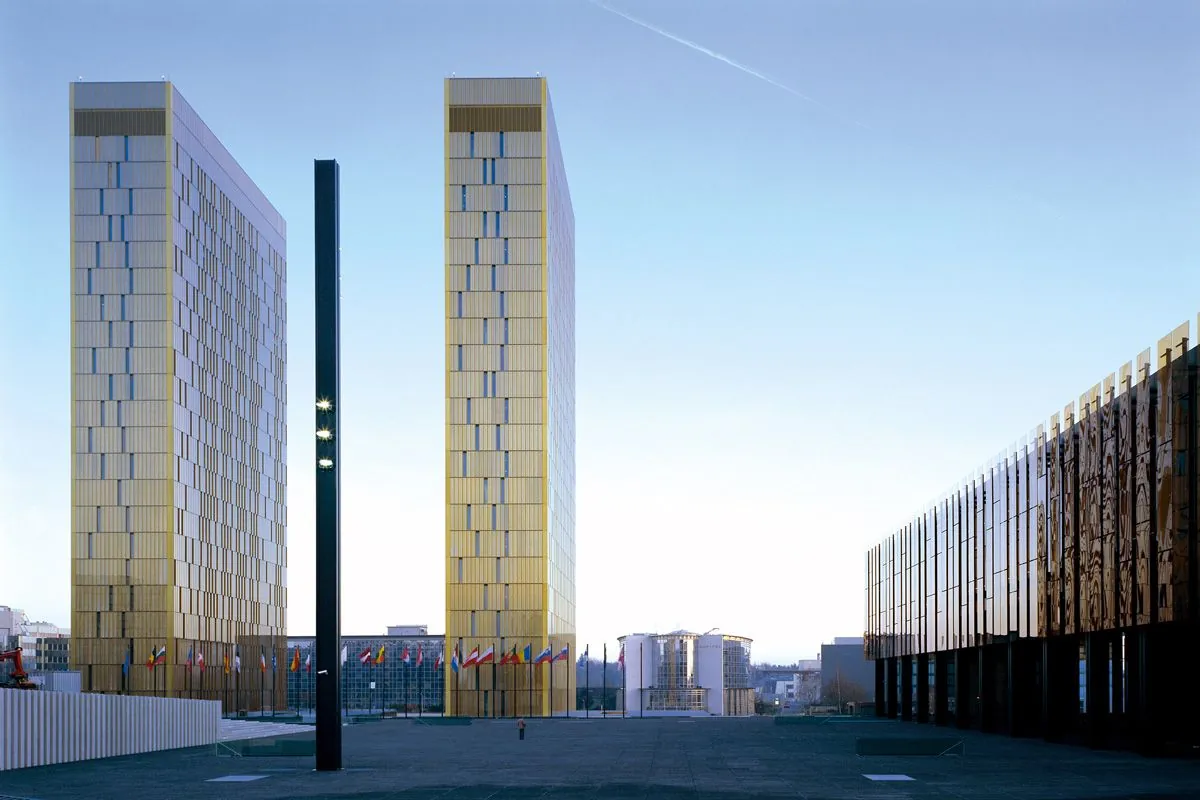The European Court of Justice has delivered a significant ruling regarding the European Union's agreements with Morocco, focusing on the contentious issue of Western Sahara. The court determined that the 2019 fisheries and agriculture accords between the EU and Morocco were invalid due to the absence of proper consultation with the people of Western Sahara.
Western Sahara, a territory rich in phosphates and situated on the Atlantic coast, has been a subject of dispute since Morocco annexed it in 1975, following Spain's withdrawal. This annexation sparked a conflict with the Polisario Front, which advocates for independence. The United Nations classifies Western Sahara as a "non-self-governing territory," making it the largest such area globally by land mass.
The court's decision underscores the complex status of Western Sahara, which has been on the UN list of Non-Self-Governing Territories since 1963. With a population of approximately 600,000, the territory's Sahrawi people are of mixed Arab-Berber descent, primarily speaking Hassaniya Arabic, Spanish, and Moroccan Arabic.
The ruling emphasized that for the EU-Morocco agreements to be valid, they "must receive the consent of the people of Western Sahara." However, the court found that such consent was not obtained. This decision reflects the principle of self-determination, a cornerstone of international law, and highlights the ongoing challenges in addressing the rights of the Sahrawi people.
Morocco considers Western Sahara as its "southern provinces" and vigorously defends its territorial claims. The kingdom has built a 2,700 km long sand wall, known as the "Berm," dividing the territory. Meanwhile, the Polisario Front declared the Sahrawi Arab Democratic Republic (SADR) in 1976, which is recognized by the African Union as a member state.
The court's ruling will primarily affect future agreements, as the four-year fisheries accord in question has already expired. This decision could have significant implications for EU-Morocco relations, considering that the European Union is Morocco's largest trading partner.
The judgment also criticized the consultation process undertaken by EU institutions, noting that it involved people present in the territory "irrespective of whether or not they belong to the people of Western Sahara." This approach failed to account for the fact that "a significant proportion of that people now lives outside that territory," with many residing in refugee camps in Tindouf, Algeria.
Western Sahara's strategic importance extends beyond its phosphate reserves, which are among the world's largest. The territory boasts a 1,110 km long coastline rich in fisheries and potential oil reserves. Its economy primarily relies on nomadic herding, fishing, and phosphate mining, despite having one of the world's most arid climates.
The situation in Western Sahara remains complex, with a UN-sponsored ceasefire between Morocco and the Polisario Front in effect since 1991. The UN Mission for the Referendum in Western Sahara (MINURSO) was established that same year, but a resolution to the conflict remains elusive. Morocco has proposed autonomy for the region under its sovereignty, while the Polisario Front continues to advocate for independence.
This court ruling serves as a reminder of the ongoing challenges in resolving the Western Sahara issue and the importance of adhering to international law and principles of self-determination in international agreements.
